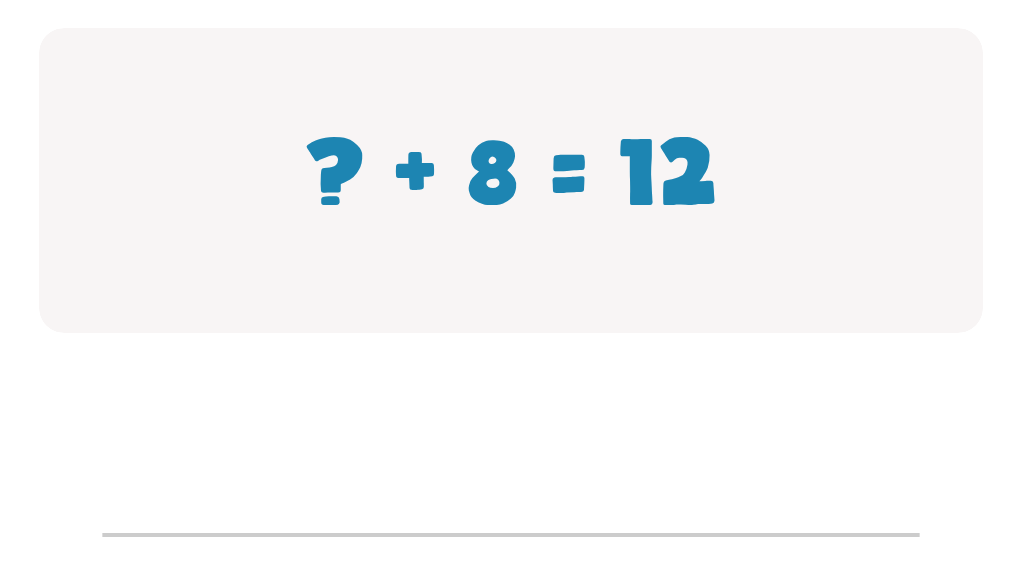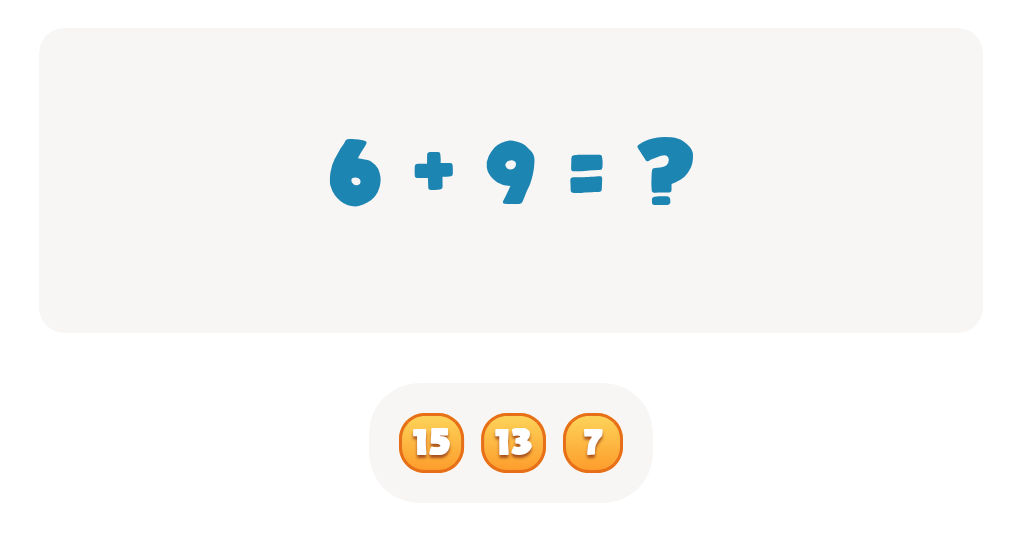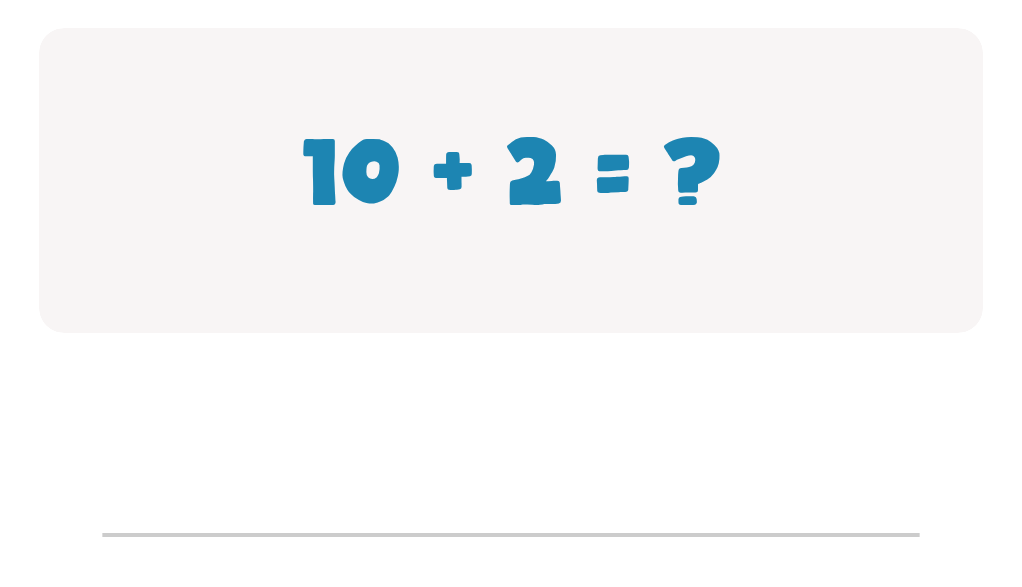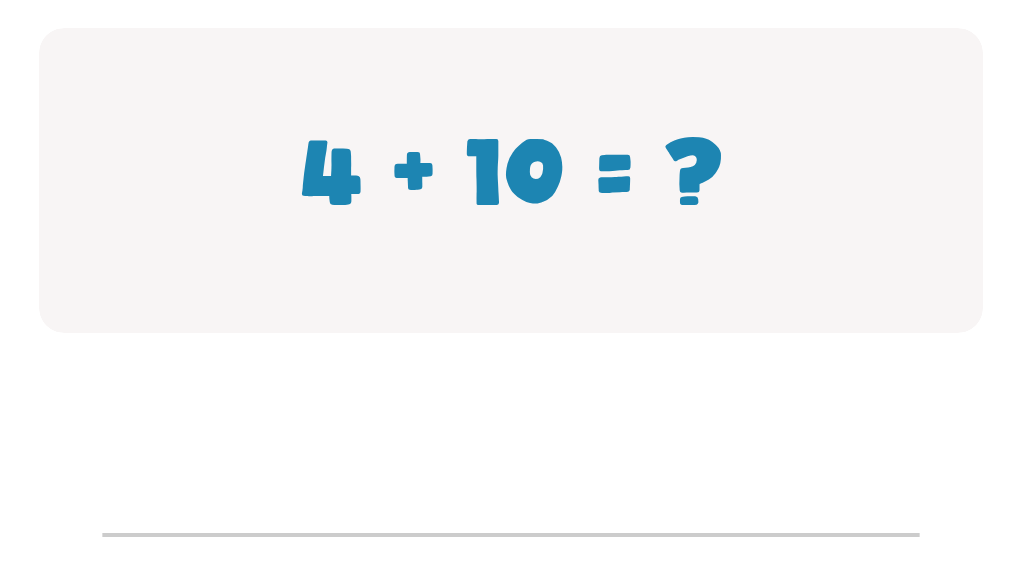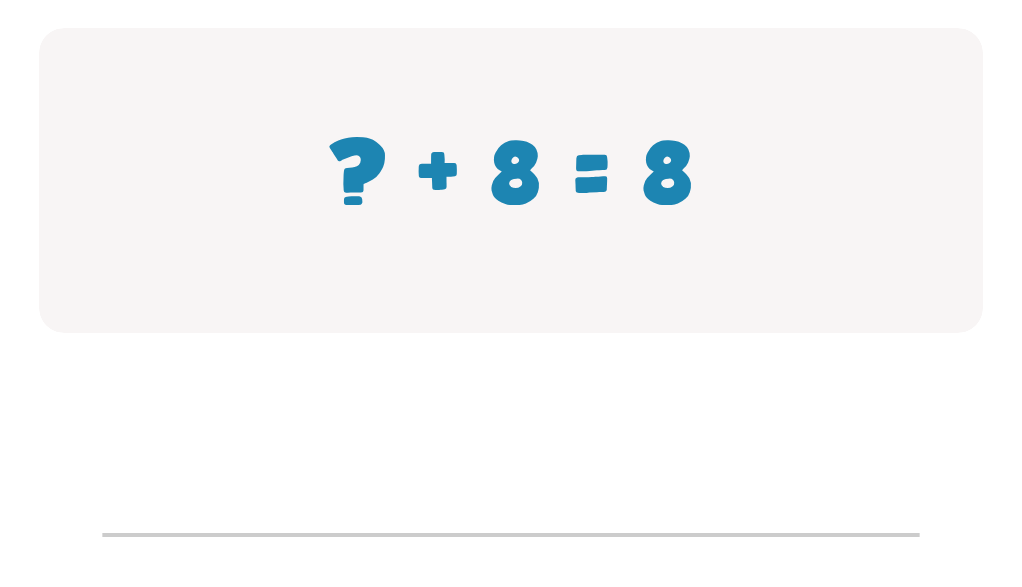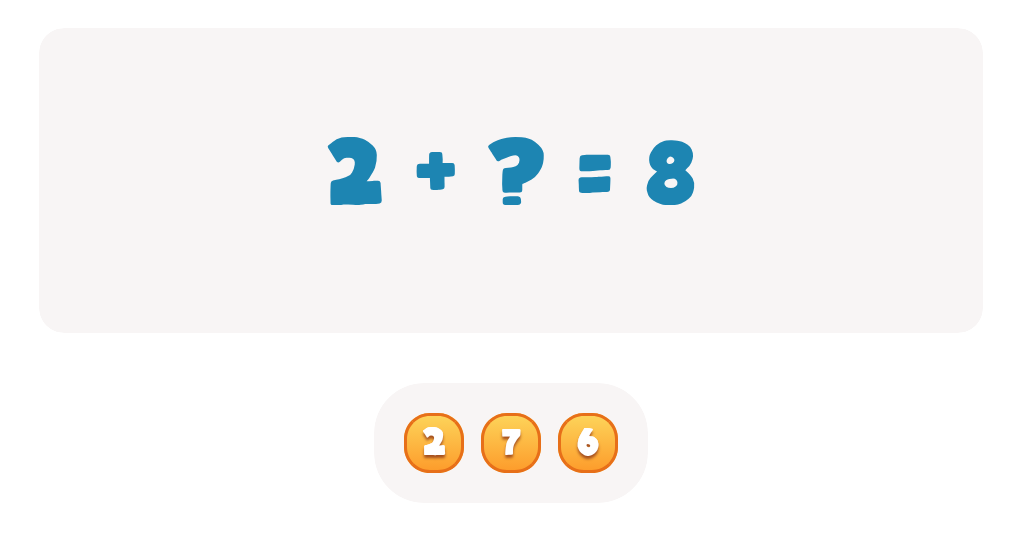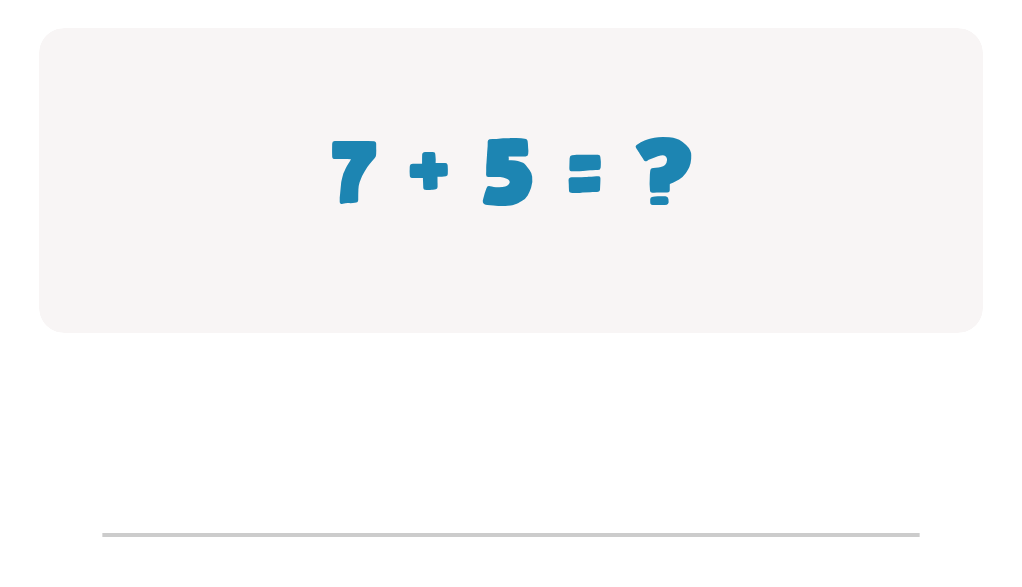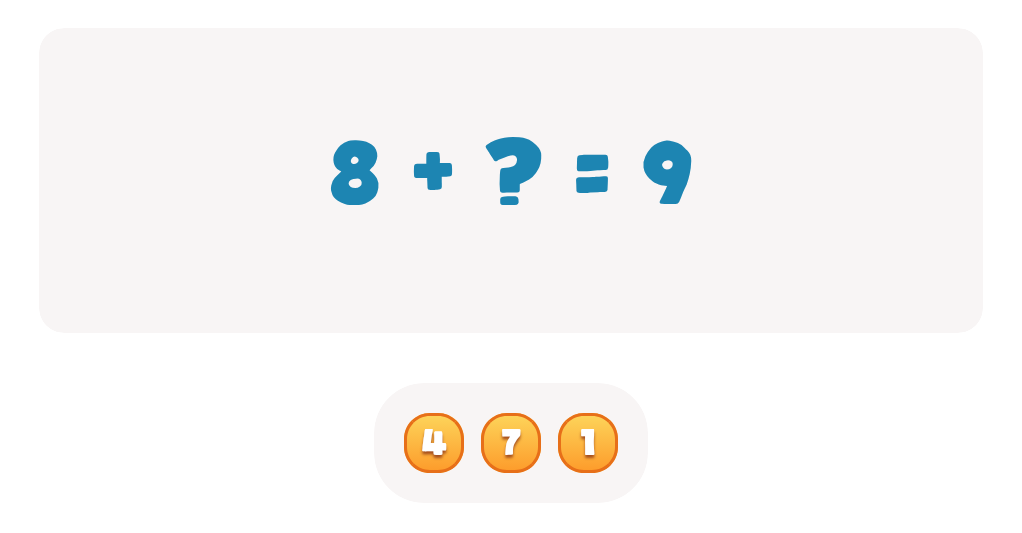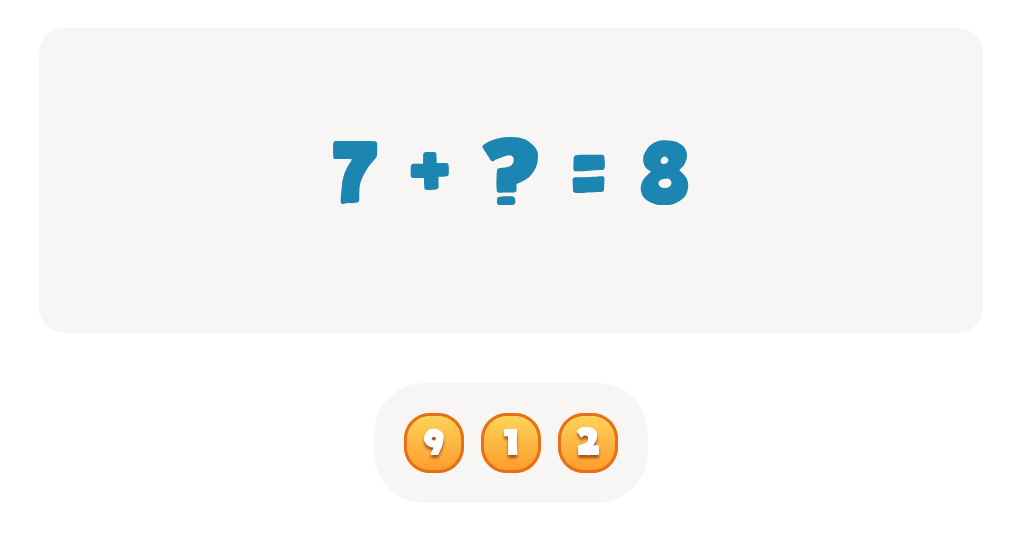Problem-Solving Skills Normal Addition Facts Worksheets for Ages 3-8
5 filtered results
-
From - To
Enhance your child’s math journey with our Problem-Solving Skills Normal Addition Facts Worksheets, specially designed for ages 3-8. These engaging worksheets support early learners in mastering addition while developing critical thinking skills. With fun visuals and age-appropriate exercises, children will practice normal addition facts and apply them to solve real-world problems. Our resources encourage exploration, foster independence, and boost confidence in mathematical abilities. Perfect for both home and classroom use, these worksheets are a valuable tool for parents and educators to enrich math learning. Equip your little ones with essential problem-solving skills today!


Tricky Problems Worksheet: Part 1


7 Continents and 7 Seas Worksheet


Tricky Problems Worksheet: Part 2
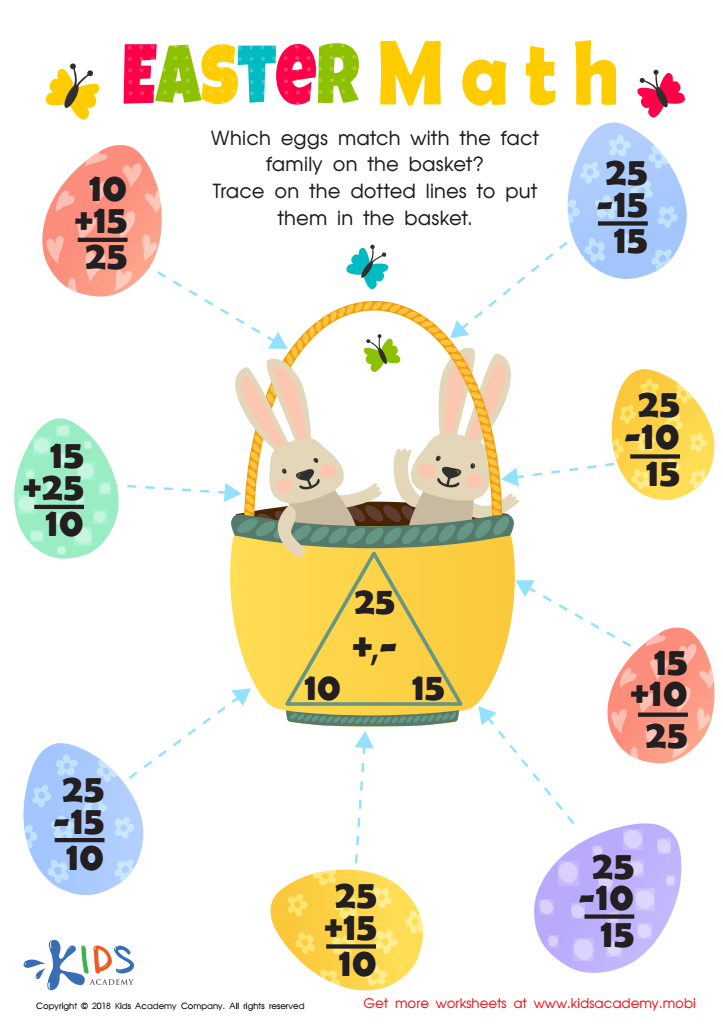

Fact Families: Easter Math Worksheet
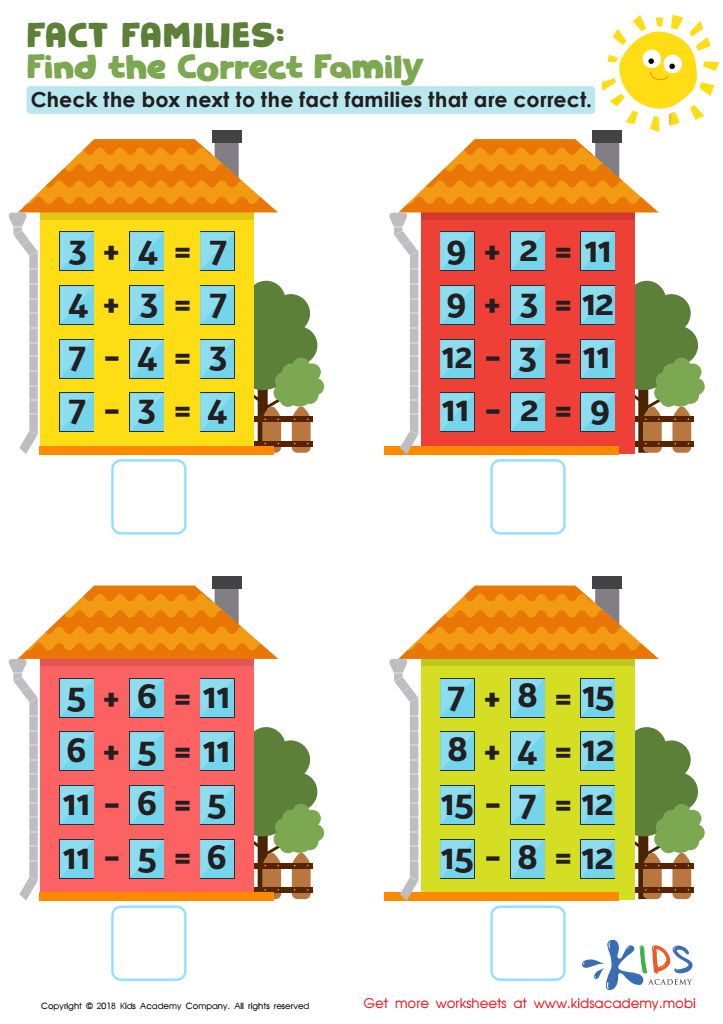

Fact Families: Find Correct Family Worksheet
Parents and teachers should prioritize problem-solving skills in early math education, particularly for normal addition facts for children aged 3-8, because these foundational skills lay the groundwork for future academic success. Mastering basic addition is essential for cognitive development, enhancing children's ability to think critically, reason logically, and approach challenges effectively.
As young learners engage with addition, they develop not only arithmetic proficiency but also their ability to analyze problems, recognize patterns, and employ strategies. These skills encourage persistence and resilience, fostering a growth mindset that views challenges as opportunities to learn rather than obstacles.
Moreover, incorporating problem-solving activities related to addition fosters collaboration and communication among peers, teaching social skills that are critical throughout life. Engaging parents in this process further strengthens these skills, allowing learning to extend beyond the classroom.
Ultimately, supporting the development of problem-solving skills through normal addition facts equips children with essential tools for navigating academic landscapes, paving the way for future learning in mathematics and other subjects. Establishing a strong mathematical foundation helps children gain confidence, promotes a love for learning, and prepares them for the increasingly complex challenges of the world around them.
 Assign to My Students
Assign to My Students
